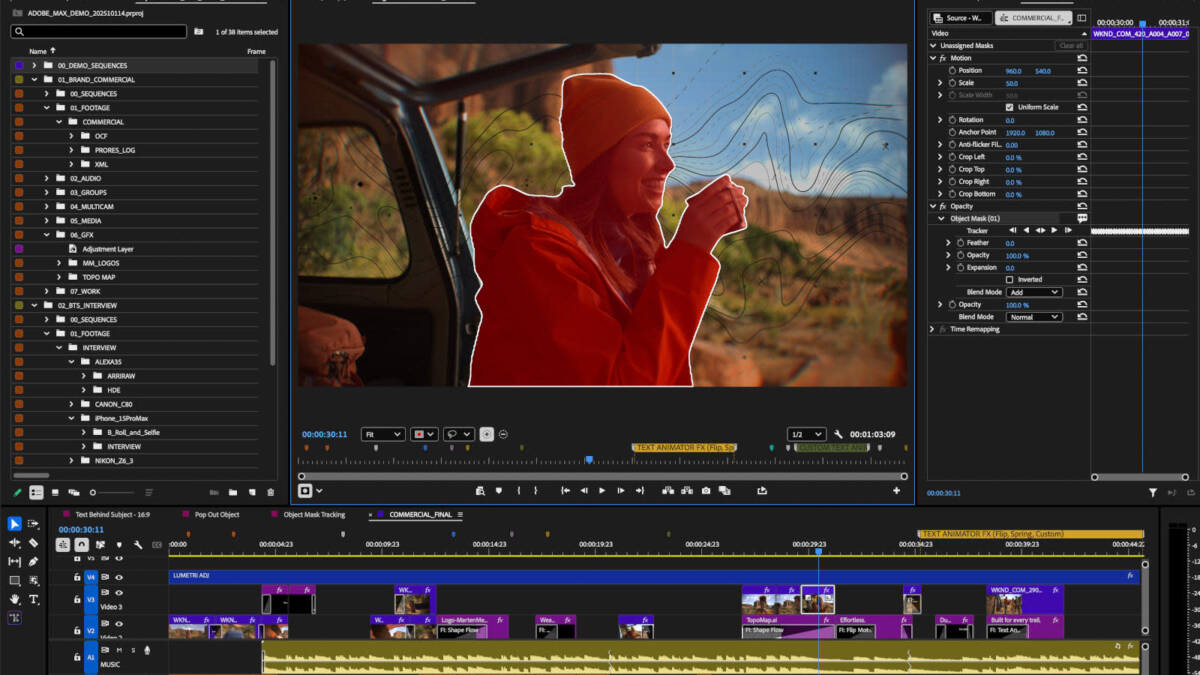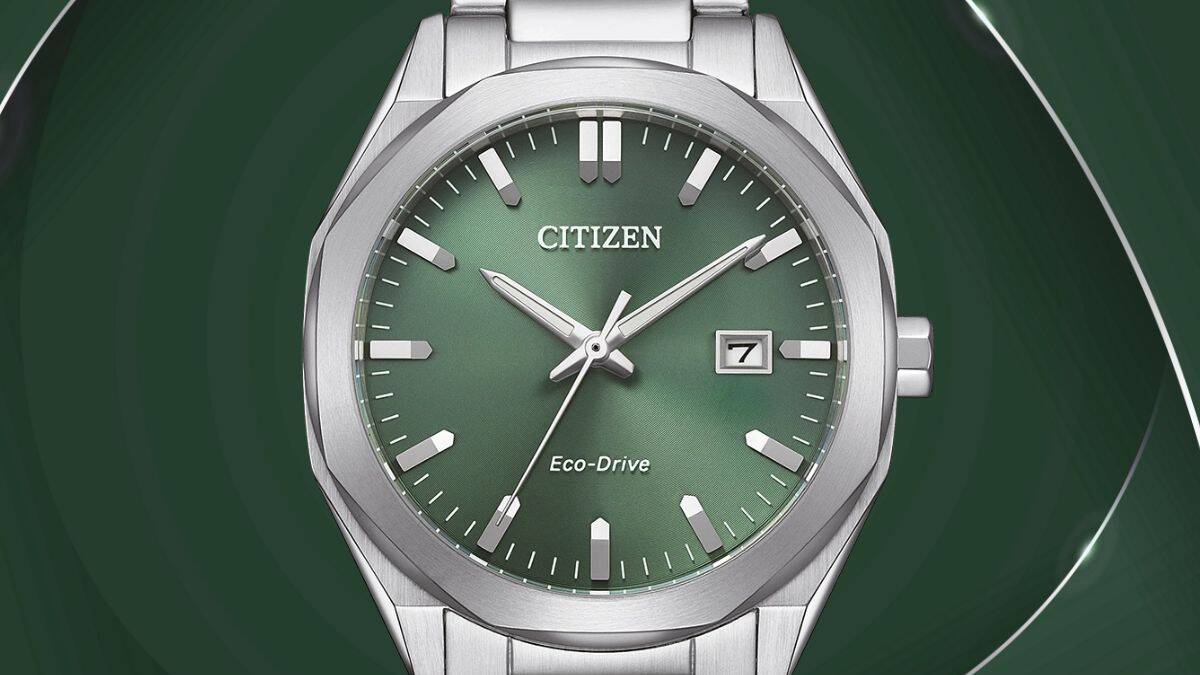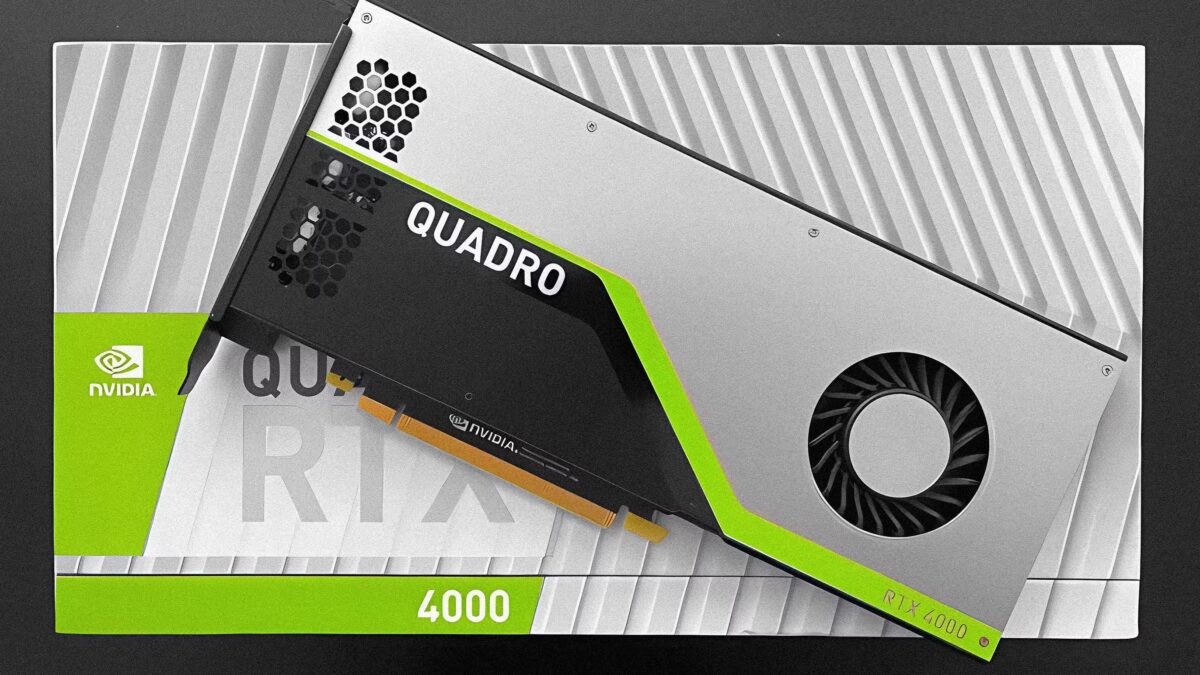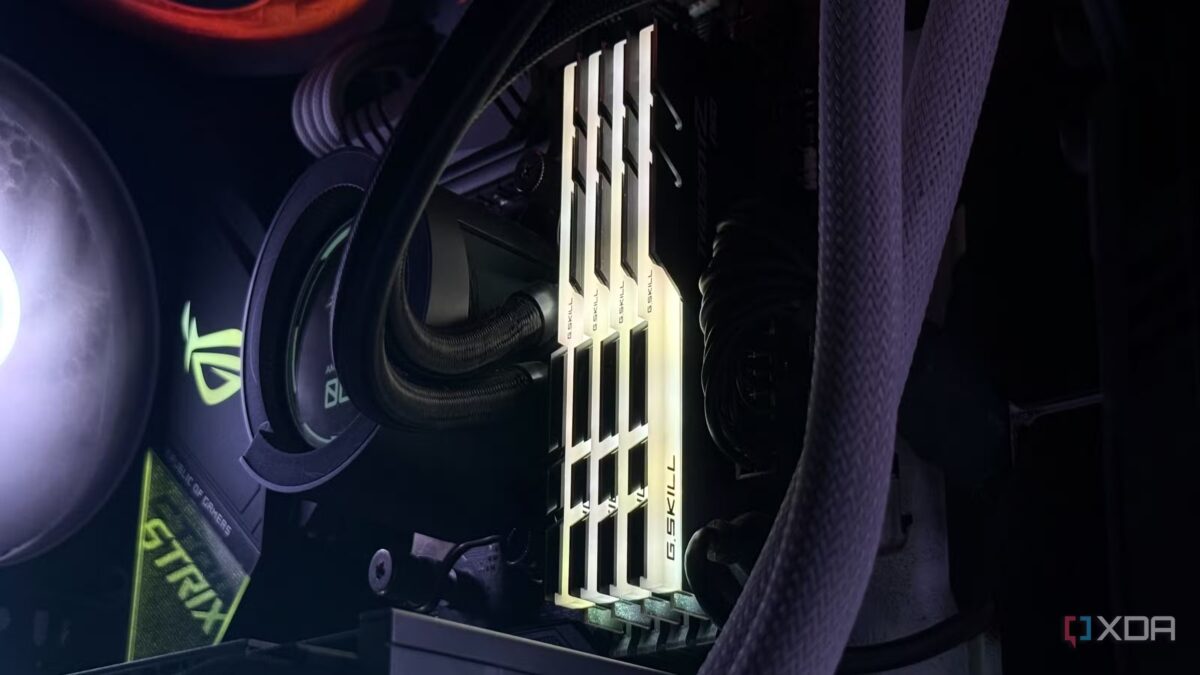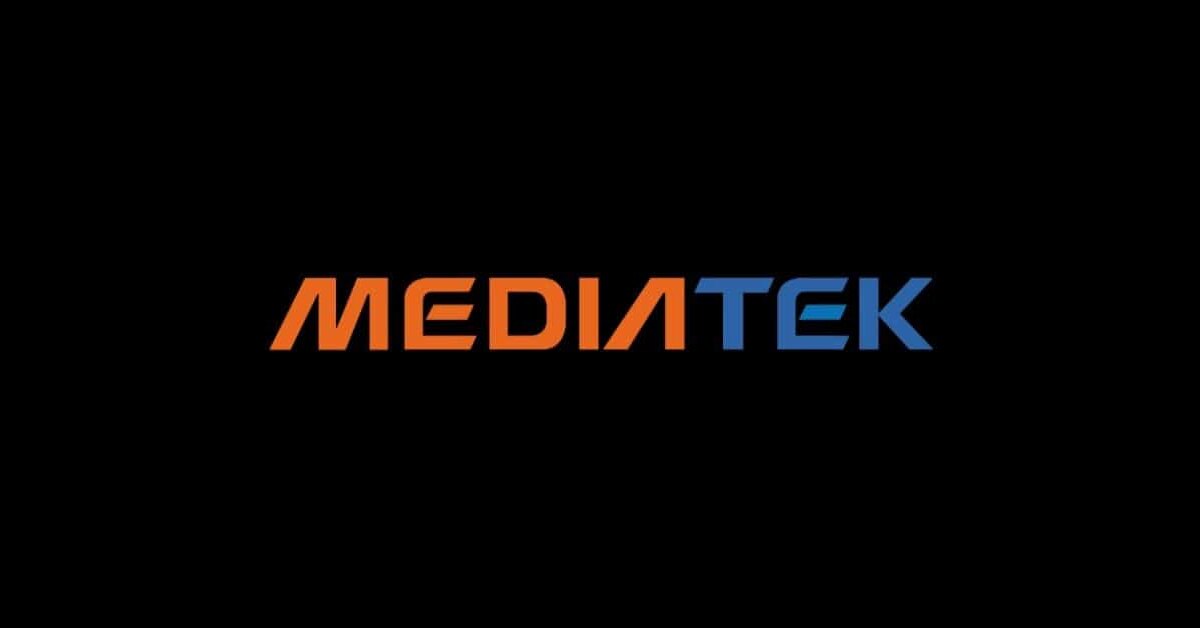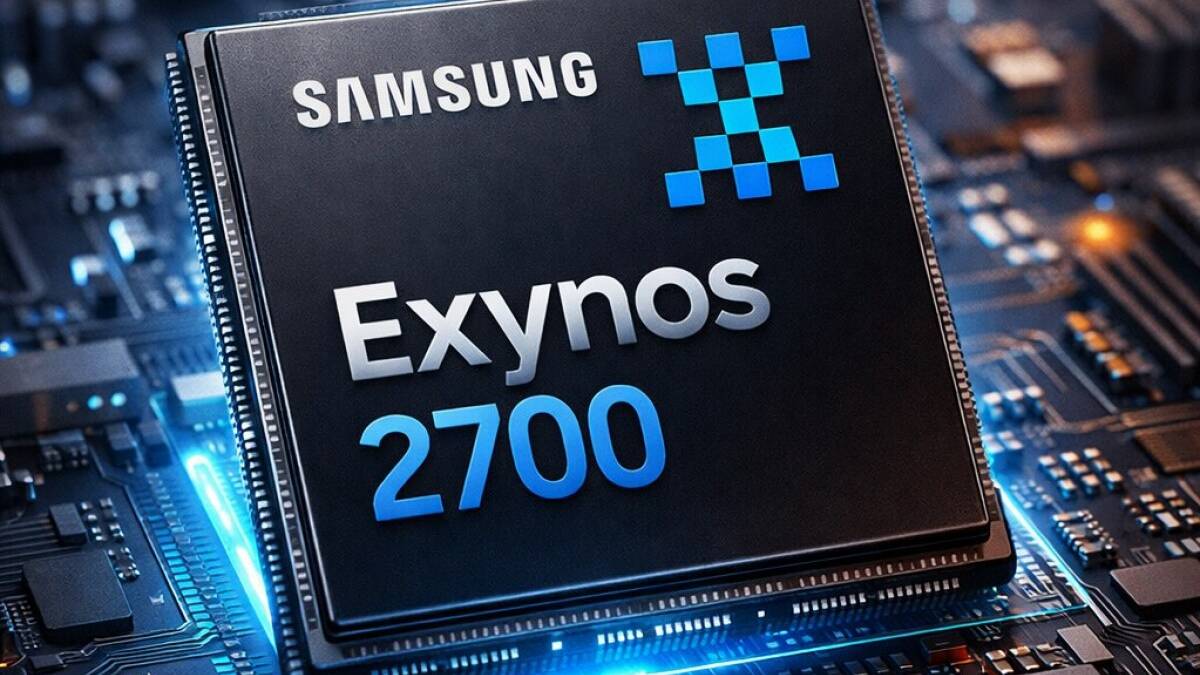Nvidia’s RTX 5060 Ti graphics card with 8GB of video memory may face the so-called “motherboard tax”
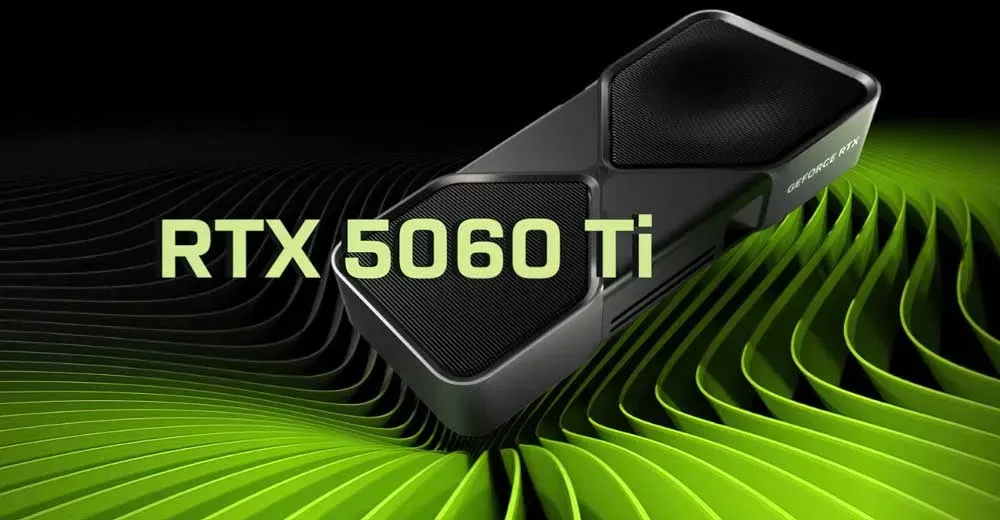
According to ComputerBase, the performance of the 8GB RTX 5060 Ti could drop as much as 10% when using PCIe 4.0 versus PCIe 5.0. These rumors started circulating even before the official launch, when one of MSI’s models leaked revealing the PCIe x8 specification, suggesting possible performance issues for the 8GB video memory version.

Now ComputerBase’s test results confirm these concerns: the average FPS when using PCIe 5.0 is 44.3, while it drops to 37.9 in a number of games when using PCIe 4.0.
This is important information for users of PCIe 4.0 enabled motherboards. With the increasing demands of modern gaming, a GPU with 8GB of video memory is already inferior to its 16GB counterpart and more powerful models like the RTX 5070 Ti. The additional performance loss could significantly impact gamers’ experience and raise questions about the adequacy of video memory capacity for AAA-class games.
Additional performance loss could significantly impact gamers’ experience and raise questions about the adequacy of video memory for AAA games.
The performance comparison (image courtesy: ComputerBase) underscores the need to rethink how graphics cards are selected based on performance and motherboard compatibility.
Gamers using more powerful GPUs such as the RTX 5070 Ti or RTX 5080 may not notice a significant performance loss when upgrading to PCIe 4.0 or earlier. However, for the less powerful RTX 5060 Ti with its limited video memory, the performance drop will be noticeable, especially in games with high levels of graphics load. While some issues can be resolved by lowering graphics settings or playing at 1080p resolution, 8GB of VRAM can quickly become insufficient for today’s gaming realities.
The Nvidia RTX 5060 Ti graphics card with 8GB of video memory may face what’s known as the “motherboard tax” was first published on ITZine.ru.


